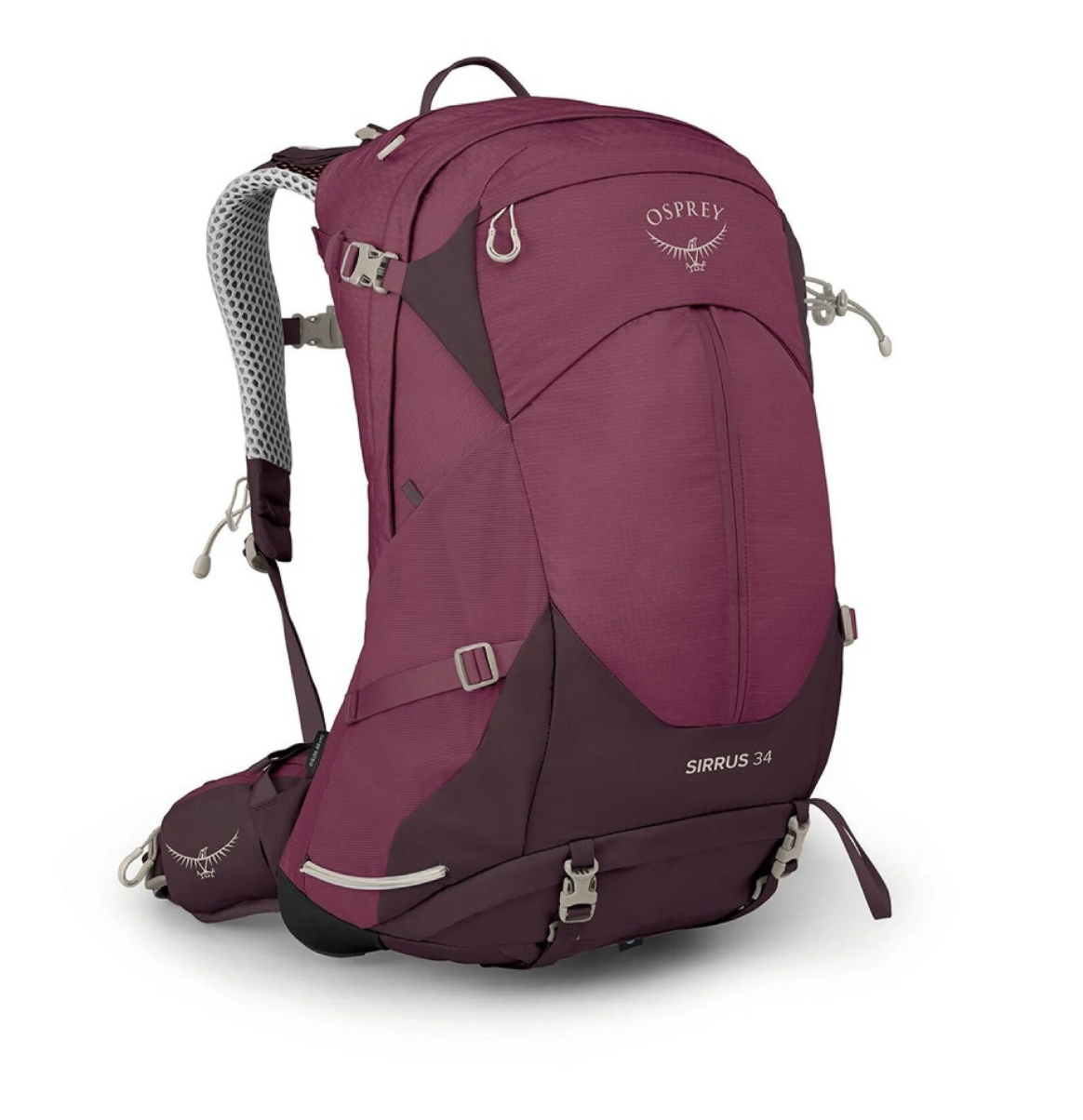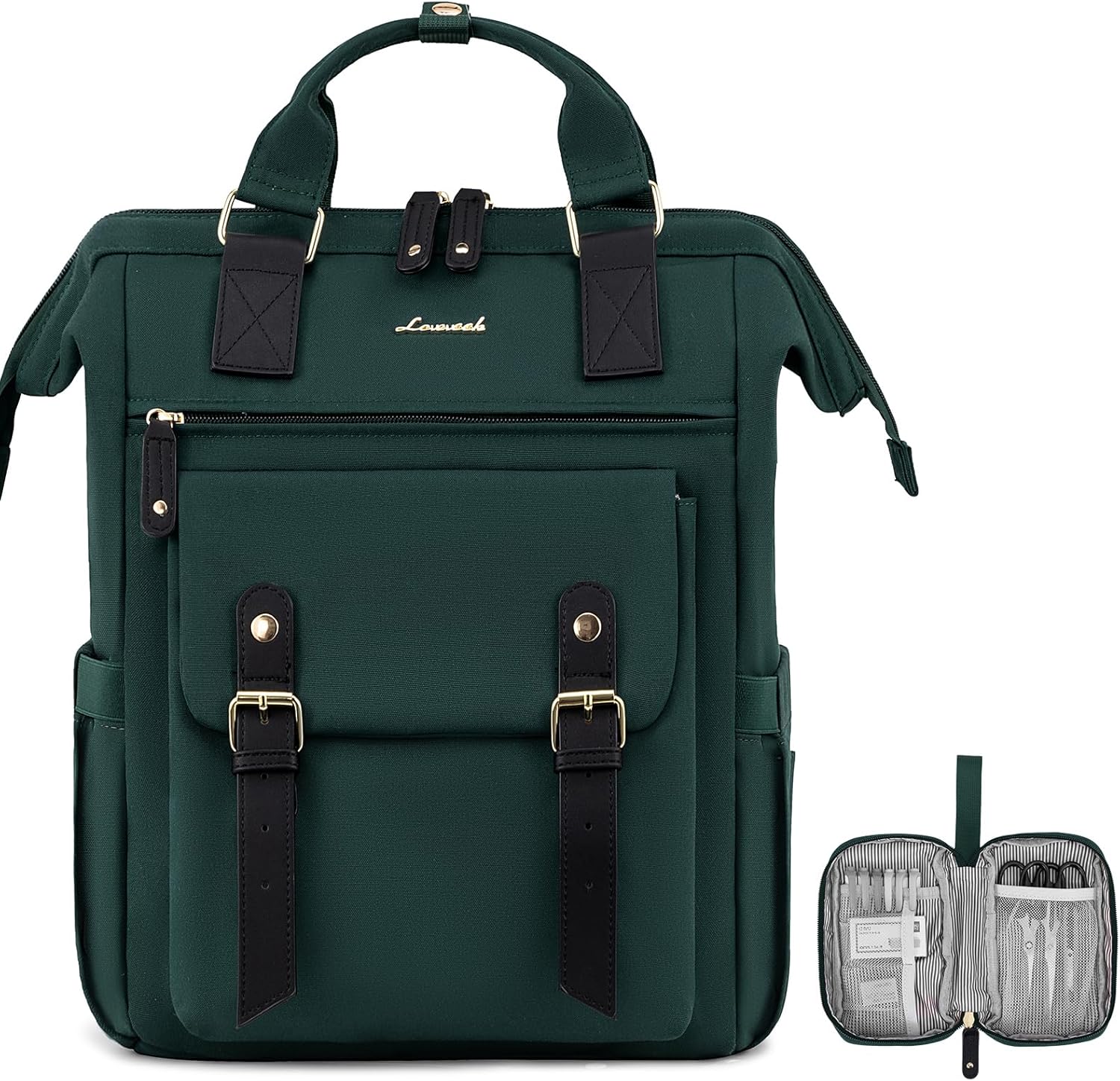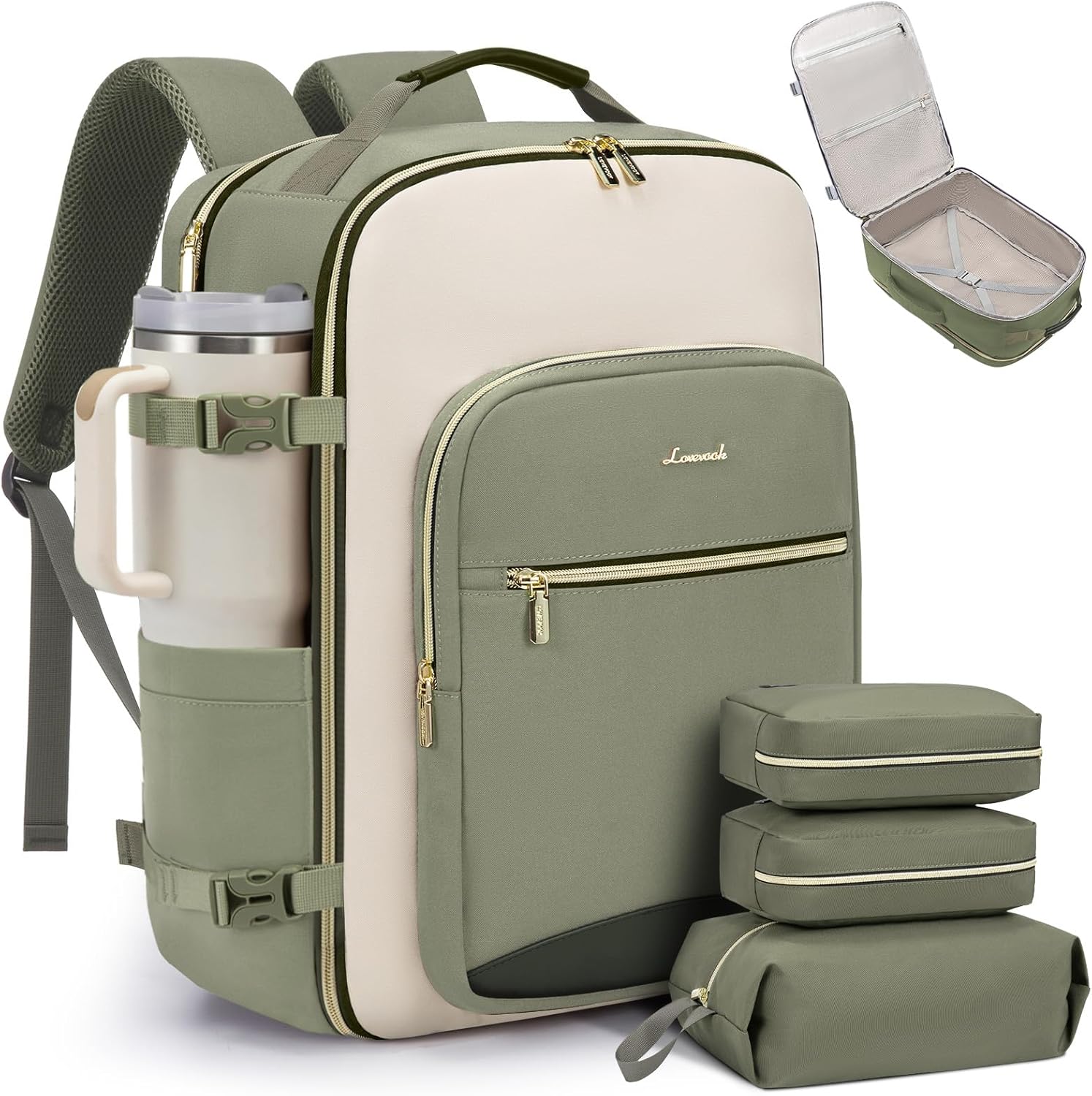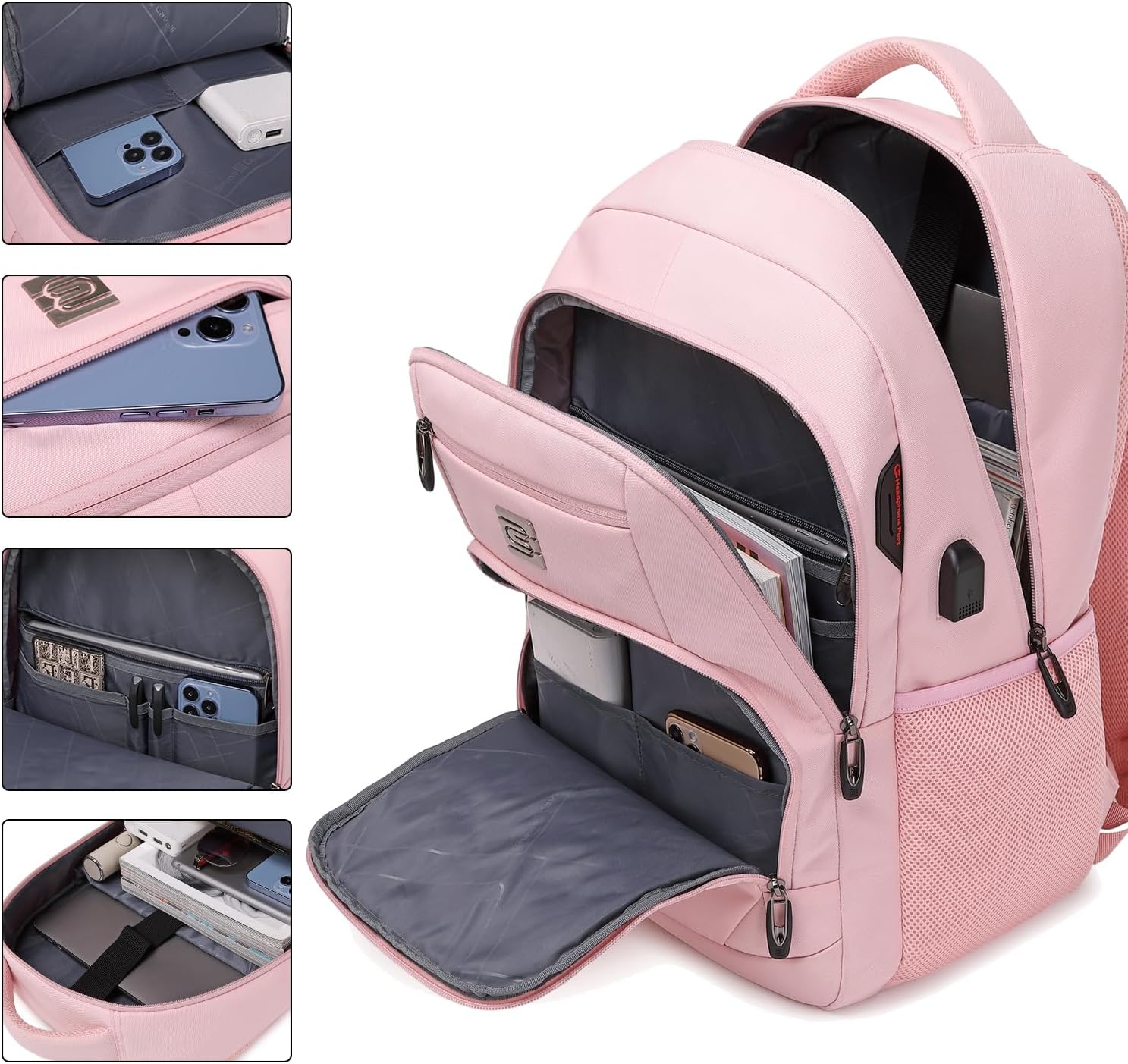
For decades, women hikers faced a frustrating reality: backpacks designed for men's bodies, hastily recolored and marketed as "women's gear." Poorly fitted shoulder straps, hipbelts that dug into hips, and torso lengths that felt off were just par for the course. Then something shifted—outdoor brands started listening, and one California company in particular began treating women's fit as engineering, not afterthought.
The Backstory: From Hand-Sewn Custom Packs to Global Innovation
In 1974, a small California workshop started hand-sewing backpacks tailored to individual customers. The founder, Mike Pfotenhauer, had a simple but radical idea: packs should fit the person, not force the person to adapt. Word spread among serious hikers—these custom packs held up where others failed.
Over the years, that small operation evolved into a company known for pushing technical boundaries. Innovations like adjustable torso systems and advanced load-transfer designs became industry standards. One breakthrough—the Anti-Gravity suspension—demonstrated how rethinking weight distribution could transform long-distance comfort. Heavy loads began to feel manageable; fatigue on multi-day treks dropped noticeably.
Inclusivity in Backpack Design
Historically, the outdoor gear industry often treated women's gear as an afterthought — smaller, lighter, or just in "different colors." Osprey shifted this approach by introducing women-specific packs designed with:
- Shorter torso lengths to match average women's proportions.
- Curved harnesses and hipbelts shaped to fit the female frame more comfortably.
- Adjustable systems that allow women of different builds to fine-tune their fit.
- Multiple capacity options so women could choose based on trip length, not just what was available in "women's sizes."
This commitment to inclusivity means women don't have to compromise between durability, comfort, and style.
Osprey Packs That Showcase This Evolution
Here are some standout women's Osprey packs that embody this philosophy:
Lightweight but tough, ideal for multi-day and thru-hikes. A favorite among women who want durability without excess weight.
Built for big trips with large capacity, designed to transfer heavy loads efficiently to the hips. Great for women carrying bulkier gear.
A versatile option for weekend or 4-5 day trips, compact yet robust.
A hybrid day/overnight pack with hydration compatibility, perfect for shorter trips but with the same premium suspension system.
A hydration-focused pack for shorter hikes, designed to fit comfortably for long hours on the trail.
Each of these models highlights how Osprey balances functionality, comfort, and inclusivity across different trip styles.
Looking Ahead
Today, Osprey is not just producing backpacks — it's part of a wider movement in the outdoor industry towards sustainability, inclusivity, and long-term reliability. Their women's packs are no longer niche; they're industry benchmarks for fit and durability.
By listening to female hikers and adventurers, Osprey has set the standard for what inclusive design looks like in practice: packs that adapt to the body, not the other way around.


